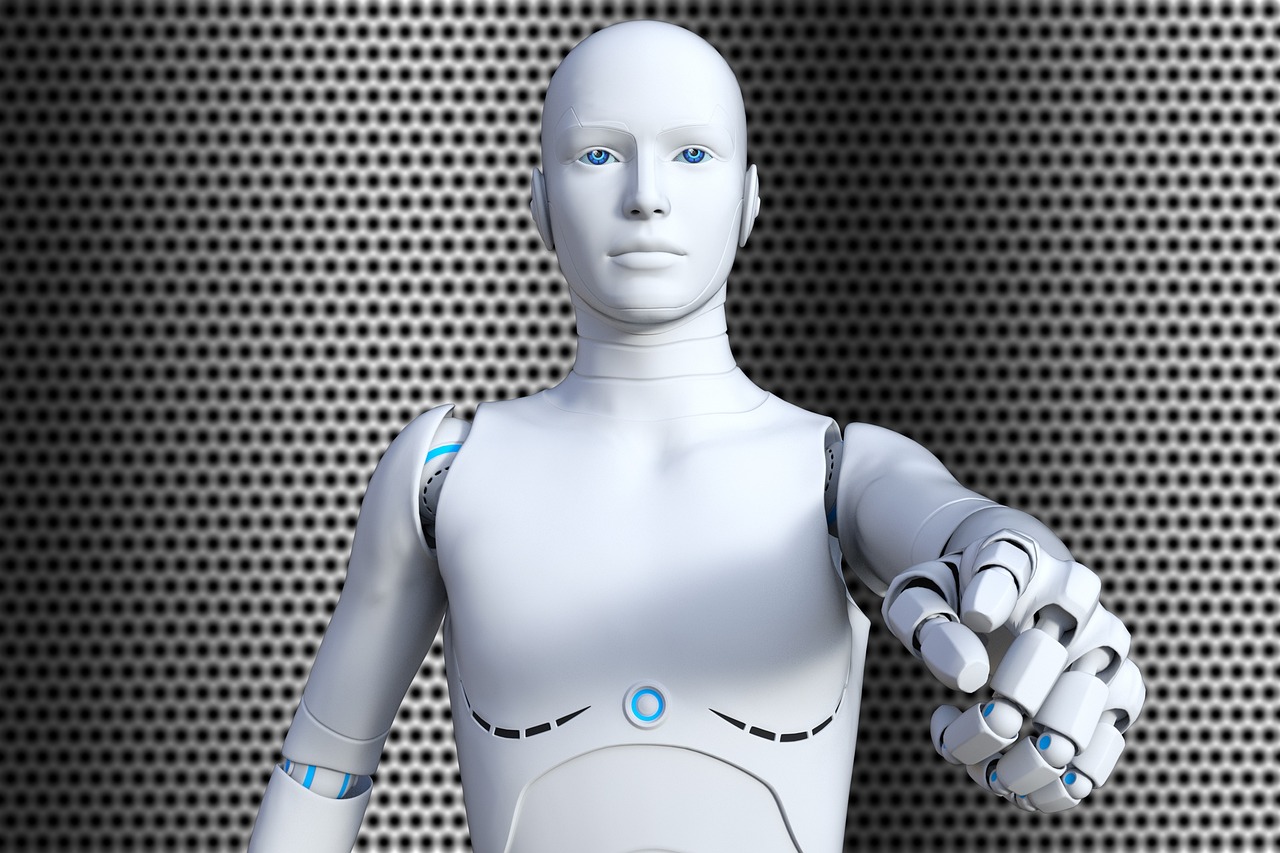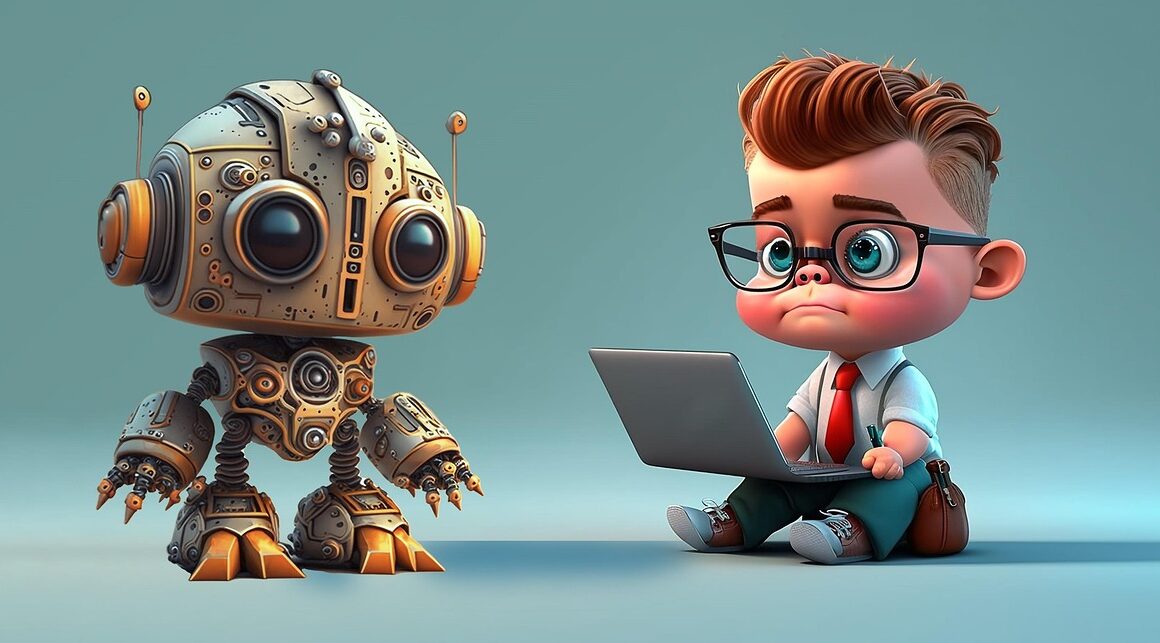Imagine waking up to a world subtly orchestrated by artificial intelligence. Your coffee brews automatically based on your sleep data from the night before, your commute is optimized by real-time traffic analysis, and your workday is streamlined by AI assistants that handle mundane tasks. This isn’t a futuristic fantasy; it’s the evolving reality of an AI-powered lifestyle, and it’s impacting everything from our health and well-being to our productivity and entertainment. Let’s explore the multifaceted ways AI is weaving itself into the fabric of our daily routines.
AI in Home Automation and Comfort
AI is transforming our homes into intelligent ecosystems that anticipate our needs and enhance our comfort. From smart thermostats to AI-powered security systems, the possibilities are constantly expanding.
Smart Home Assistants: Your Digital Butler
- Personalized Control: Smart home assistants like Amazon Echo, Google Home, and Apple HomePod learn your preferences and routines.
- Voice Commands: Control lights, temperature, music, and appliances with simple voice commands.
- Routine Automation: Set up automated routines for tasks like turning off lights at bedtime or adjusting the thermostat based on the weather forecast.
- Example: “Alexa, good morning” can trigger a sequence that turns on the lights, plays your favorite news podcast, and starts brewing coffee.
Enhanced Security Systems: Always Vigilant
- Facial Recognition: AI-powered security cameras can recognize faces and alert you to unfamiliar visitors.
- Anomaly Detection: Systems can learn your typical activity patterns and detect unusual behavior, such as a door opening at an unexpected time.
- Remote Monitoring: Monitor your home from anywhere in the world using your smartphone or tablet.
- Example: If a package is delivered while you’re away, your smart doorbell can send you a notification and even allow you to speak to the delivery person remotely.
Energy Efficiency: Saving Money and the Planet
- Smart Thermostats: These devices learn your heating and cooling preferences and automatically adjust the temperature to optimize energy consumption.
- Energy Monitoring: AI algorithms analyze your energy usage and provide insights into how to reduce your carbon footprint and save money.
- Appliance Optimization: Smart appliances can communicate with each other to optimize energy usage. For example, your dishwasher might automatically run during off-peak hours when electricity rates are lower.
AI in Health and Wellness
AI is revolutionizing healthcare and personal well-being, offering personalized insights and proactive solutions for a healthier lifestyle.
Personalized Fitness and Nutrition: Tailored to You
- Fitness Trackers: Devices like Fitbits and Apple Watches use AI to track your activity levels, sleep patterns, and heart rate, providing personalized recommendations for improvement.
- AI-Powered Nutrition Apps: These apps analyze your dietary habits and provide personalized meal plans based on your goals, preferences, and nutritional needs.
- Example: An app could suggest specific recipes tailored to your macronutrient goals, taking into account dietary restrictions like gluten intolerance or veganism.
Remote Patient Monitoring: Accessible Healthcare
- Wearable Sensors: Monitor vital signs like blood pressure, heart rate, and glucose levels remotely, allowing healthcare providers to track your condition in real-time.
- Virtual Assistants: AI-powered chatbots can answer your health-related questions, schedule appointments, and provide medication reminders.
- Early Disease Detection: AI algorithms can analyze medical images and identify early signs of diseases like cancer, potentially leading to earlier diagnosis and treatment.
Mental Health Support: Always Available
- AI Chatbots: These bots can provide mental health support, offering coping strategies and connecting users with mental health professionals if needed.
- Sentiment Analysis: AI algorithms can analyze text and speech to detect signs of stress, anxiety, or depression, providing early intervention and support.
- Example: A chatbot could guide you through a mindfulness exercise or offer resources for managing anxiety.
AI in Work and Productivity
AI is reshaping the workplace, automating mundane tasks, enhancing collaboration, and providing data-driven insights to improve productivity.
Task Automation: Freeing Up Your Time
- Email Management: AI algorithms can filter spam, prioritize important messages, and even draft responses to routine emails.
- Scheduling and Calendar Management: AI assistants can schedule meetings, manage your calendar, and send reminders, freeing up your time for more important tasks.
- Data Entry and Analysis: AI can automate data entry and analysis, reducing errors and providing valuable insights into business performance.
Enhanced Collaboration: Working Smarter Together
- Real-Time Translation: AI-powered translation tools can facilitate communication between people who speak different languages, enabling seamless collaboration across borders.
- Virtual Meeting Assistants: These assistants can transcribe meeting notes, identify action items, and even provide real-time feedback on presentation skills.
- Knowledge Management: AI can organize and manage vast amounts of information, making it easier to find the information you need, when you need it.
Data-Driven Insights: Making Better Decisions
- Business Intelligence Tools: AI-powered business intelligence tools can analyze data from various sources to identify trends, patterns, and opportunities for improvement.
- Predictive Analytics: AI algorithms can predict future outcomes based on historical data, allowing businesses to make more informed decisions about investments, marketing campaigns, and product development.
- Example: A marketing team can use AI to predict which customers are most likely to respond to a particular ad campaign, allowing them to target their efforts more effectively.
AI in Entertainment and Creativity
AI is enhancing our entertainment experiences and empowering creative expression in new and exciting ways.
Personalized Recommendations: Discovering New Favorites
- Streaming Services: Platforms like Netflix and Spotify use AI to analyze your viewing and listening habits, providing personalized recommendations for movies, TV shows, and music.
- Social Media Feeds: AI algorithms curate your social media feeds, showing you content that is most likely to be relevant and engaging.
- Example: Based on your viewing history, Netflix might recommend a new documentary or a foreign film that you would enjoy.
AI-Generated Content: Exploring New Artistic Frontiers
- AI Music Composition: AI algorithms can generate original music in a variety of styles, from classical to electronic.
- AI Art Generation: AI tools can create stunning visual art based on your input, allowing you to explore new artistic styles and ideas.
- AI-Powered Storytelling: AI algorithms can generate stories, poems, and scripts, providing writers with new tools for creative expression.
Interactive Gaming Experiences: Immersive and Adaptive
- AI-Controlled Opponents: AI can create more challenging and realistic opponents in video games, providing a more immersive and engaging gaming experience.
- Adaptive Game Difficulty: AI can adjust the difficulty of a game based on your skill level, ensuring that the game is always challenging but not frustrating.
- Personalized Game Content: AI can generate personalized game content, such as quests, characters, and storylines, based on your preferences and playing style.
Conclusion
AI is no longer a futuristic concept; it’s a present-day reality that is rapidly transforming our lives. From automating mundane tasks to providing personalized recommendations and enhancing our creativity, AI is offering unprecedented opportunities to improve our health, well-being, and productivity. As AI technology continues to evolve, we can expect to see even more innovative applications emerge, shaping a future where AI is seamlessly integrated into every aspect of our daily routines. Embracing this AI-powered lifestyle requires us to stay informed, adapt to new technologies, and consider the ethical implications of this powerful tool. The future is intelligent, and it’s here.




